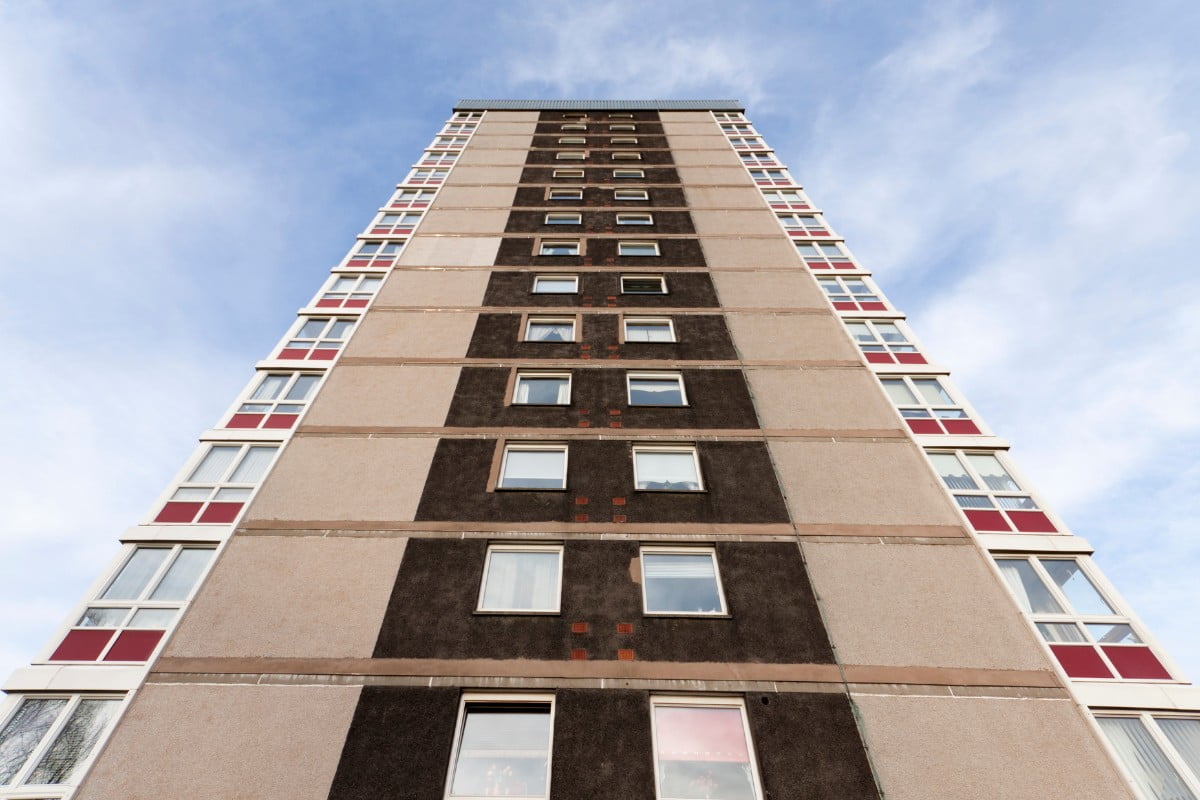As part of their austerity programme, the Tories and Lib Dems have made a barrage of cuts to benefits and the welfare state. Sam Ashton looks at the real effects of the Coalition’s new attacks on benefits and explains why and how they must be resisted.
In his December Autumn Statement the Chancellor, George Osborne, continued the government’s war on Britain’s poorest families by announcing that benefits will be up rated at just 1% a year until 2015. The TUC has calculated that when adjusted for inflation this proposal will mean a 5% cut in benefit levels.
So furious is the pace of the government’s relentless attacks on benefit claimants that many members of the public and benefit recipients alike have yet to understand how horrific the impact on our society will be. In the tsunami of the Housing Benefit Cap, the looming introduction of Universal Credit, the Council Tax Benefit cuts, the overall benefit cap, and now the effective benefit cut, many of Britain’s poorest families will face the stark choice of paying their rent or feeding their children, let alone having any prospect of achieving a decent standard of living.
The attacks in figures
Indeed, even before many of these changes have been implemented thousands of families are already reliant on food bank handouts to get by. Figures from the Trussell Trust, which runs a network of UK food banks, show that they expect to provide food for over 200,000 people this year, compared to just 26,000 in 2008. This figure is just one of many that illustrate the chilling effects of the deepening crisis of capitalism.
At the same time as the government proposed to slash benefits they announced a further cut in corporation tax to 21%, one of lowest rates of any developed economy, while ploughing ahead with abolishing the 50p tax rate, which equates to handing back £107,000 each to 8,000 millionaires in Britain. And yet the government repeats its shame-faced lie that we’re all in this together!
Even the Treasury’s own figures show that the poorest 20% will be the hardest hit, with their net incomes dropping by 4% by 2014-15 as a direct result of these measures.
In his statement the Chancellor continued the government’s despicable demonisation of those in receipt of benefits: “But fairness is also about being fair to the person who leaves home every morning to go out to work and sees their neighbour still asleep, living a life on benefits”
Stigmatisation of the poor
The government is trying to stigmatise benefit claimants as lazy and work shy in order to gain public support for their horrendous attacks. But this characterisation has no basis in reality. Distinguishing between people in work and those on benefits as if they are two mutually exclusive populations with opposing interests, is fundamentally false. 18% of all housing benefit claimants are in work and over 80% of new claimants since 2010 are working, demonstrating that stagnant wages and sky-rocketing rents are simply making housing unaffordable for more and more people. Working Tax Credits, one of the major benefits included in the measure, is designed to top up the poverty wages of millions of low-paid workers and can only be claimed by people working more than sixteen hours a week. Overall 60% of people affected by the cuts are in work!
At the same time the implication that the unemployed are simply too lazy to find a job is nonsense. The figures are plain. There are more than five job seekers for every vacancy! No matter how hard they try only one person will get the job while the other four remain unemployed.
Unemployment exists not because people can’t be bothered to work but because the deep economic crisis we find ourselves in means businesses and governments alike must lay off millions of workers to drive down costs and shore up profits.
The tactic of divide and conquer is as old as class society itself. The government is attempting to play off workers against the unemployed to distract people from the real reason for austerity. Ordinary workers must not fall for this ploy! We must unite with our unemployed brothers and sisters to oppose and each and every cut and fight for a society where the democratic ownership and planning of the economy will abolish the scourge of unemployment once and for all.
Labour and benefit cuts
The government is attacking benefit claimants because they consider them to be an easy target. When the Tories went after public sector pensions, they were met with two powerful mass strikes that demonstrated the power of organised labour. Benefit claimants are either unemployed or work in low paid, traditionally non-unionised sectors and thus have little or no means of defending themselves. The unions must take seriously the task of organising these people.
Despite the fact that a senior Labour figure has been reported as claiming the party has to come down “even harder on people on benefits than bankers”, Ed Milliband has now announced that Labour will oppose the £3.7 billion benefit cut. This is a step forward compared to the party’s hitherto tacit support for the vast bulk of the Tories benefit cuts, but it doesn’t go anywhere near enough.
Milliband has repeatedly said that if Labour wins the next election, they too will have to make cuts, except they will do so more slowly and more responsibly that the Tories.
In reality this will have the same end result as the coalition’s slash and burn and approach; reducing the living standards of the majority and making working and poor people pay for a crisis they didn’t cause. If Labour truly wishes to defend the workers and poor of Britain, they must break with capitalism and the austerity policies that flow from it. Only then can we begin to build a society in which the very need for benefits is itself eliminated.






